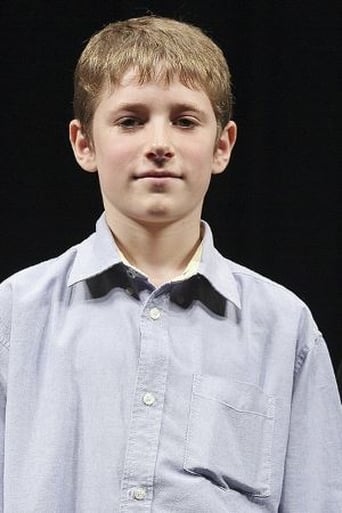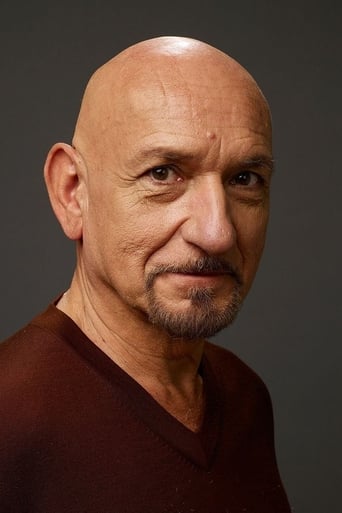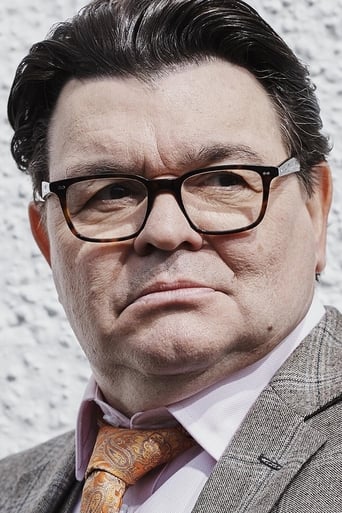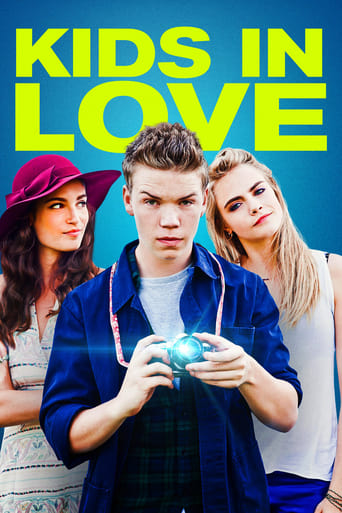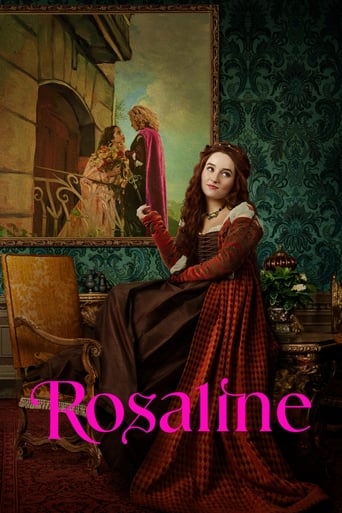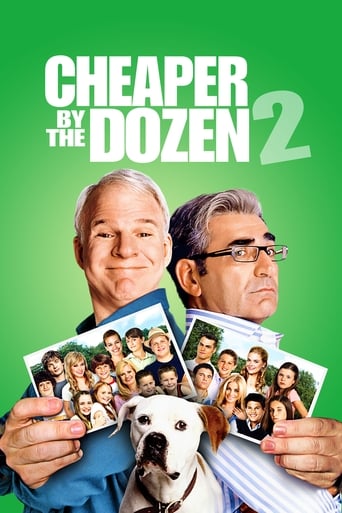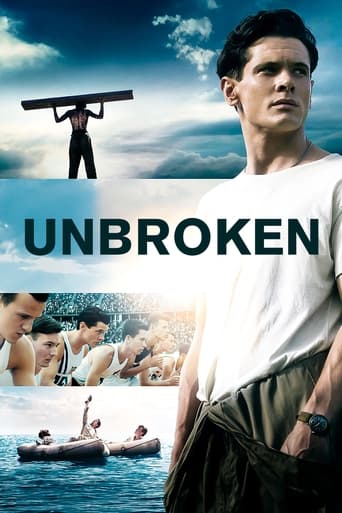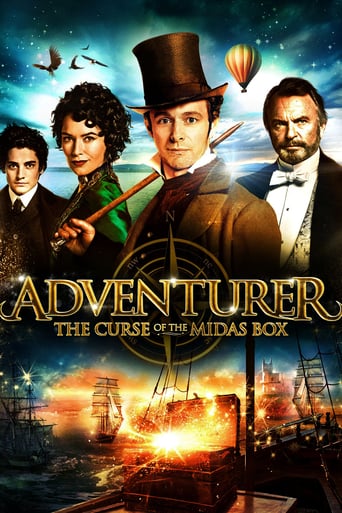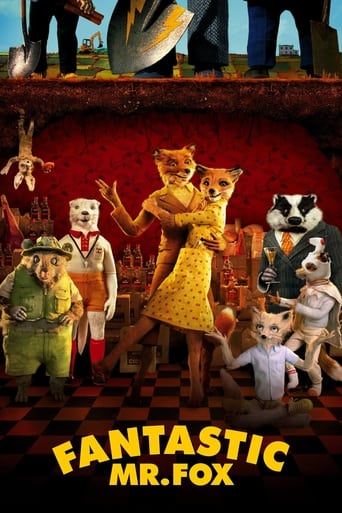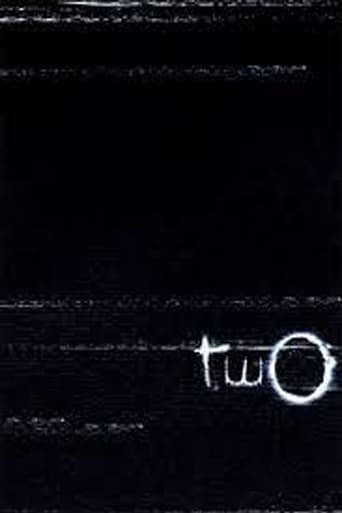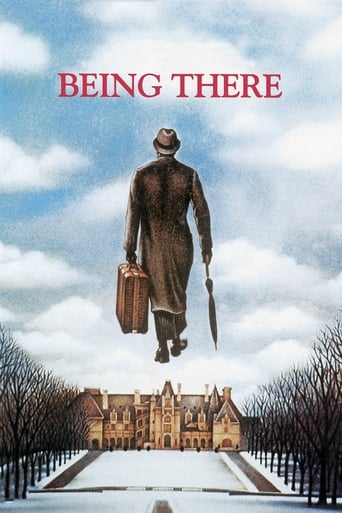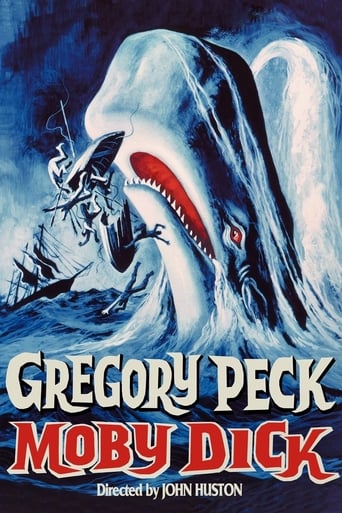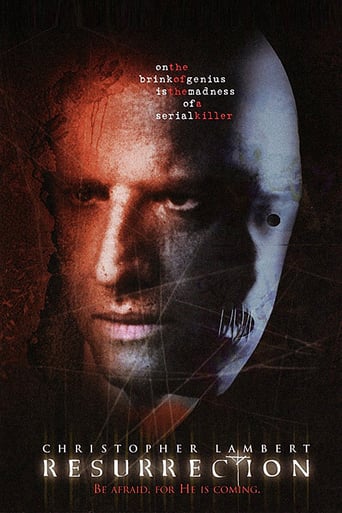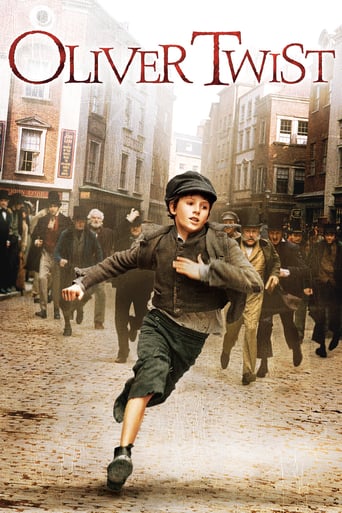
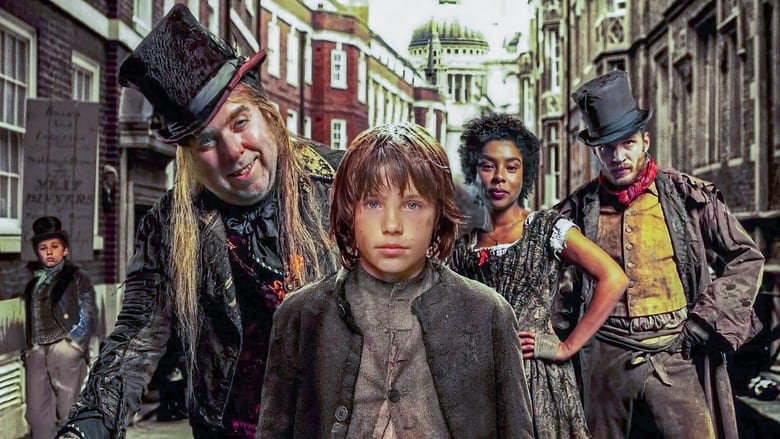
Oliver Twist (2005)
Oliver Twist the modern filmed version of Charles Dickens bestseller, a Roman Polanski adaptation. The classic Dickens tale, where an orphan meets a pickpocket on the streets of London. From there, he joins a household of boys who are trained to steal for their master.
Watch Trailer
Cast


Similar titles
Reviews
I think this adaptation is not good. I can take my eyes of it, yes you read it right I CAN. This is what happen when a movie is stuffed with too much tragedy in the story line but dealt with less emotion. The feel does not vibe out of the characters that their performance is basically delivered but not effective and believable. The actors did not have the natural character they need to have in order to play that part. Dodgers was obviously trying hard to be artful that I try to convince myself he is the Artful Dodger, in other words he was not convincing. Oliver possessed the innocent look but not enough begging in his face. When you look at his expression, you cannot 'experience' the tragic. I guess that is what's lacking in this version of Oliver. We were suppose to feel for him even when he is not talking, actually, ESPECIALLY when he is not talking. Bill Sikes is... yikes. He looks fragile in this version that I asked myself is this really an adaptation of Oliver Twist or overly twisted story that the characters start swapping their personality?
Stories, no matter how respected and illustrious, can exist beyond their origins. Charles Dickens's novel of Oliver Twist has been adapted for the screen a number of times, but rather than simply returning time and again to the source novel successive versions have taken cues from each other, gradually refining the tale over the centuries. David Lean's 1948 version invented the idea of Olvier being abducted by Bill Sykes for the rooftop finale (in the novel Oliver is safe and sound by this point). The subsequent Lionel Bart musical copied this ending, effectively making it official. It's a stark example of the power of cinema as a shaper of stories and cultural knowledge. This latest big screen offering takes that trajectory even further with a modern-style, naturalistic take on the Dickens tale.Just as Dickens's books are most often remembered for their vivid characters so do many Dickens adaptations succeed or fail on the strength of their cast. With this version, I'm quite impressed by Barney Clarke in the title role. Clarke is not a stupefyingly good actor, but in him we at last have an Oliver who is not completely meek and frail, and has a believable amount of fight in him. Ben Kingsley's is certainly the best dramatic Fagin ever, and really the only high quality acting job in the movie. But some of the best moments come from the obvious rapport between the supporting players. There are some moments that seem so perfectly to capture something very familiar and immediate yet also appropriately Dickensian, as when Fagin's boys remove Oliver's fine clothes - they sound just like a normal bunch of teenagers, in spite of the archaic language.But many other times, it just doesn't work, and there are some absolutely woeful bits of acting on display. Worst offender here is Jamie Forman as Bill Sykes; a wooden performance of sub-Eastenders calibre. Also, while it's nice to have a Nancy who is less a mother-substitute and more like a big sister, Leanne Rowe is just not that good. And though the realism of the performances can sometimes conjure up something wonderfully natural and fluid, it can just as easily produce the irritating drone of Jeremy Swift's Mr Bumble.It seems that many of the cast members, good or bad, were chosen for their appropriate physical appearance than anything else. This is not surprising, since Polanski his crafted a rich and thriving world for them to inhabit, as if he was creating a photographic illustration more than a movie. Pawel Edelman's cinematography captures the detail and texture of a Gustav Doré print. The setting does not dampen Polanski's trademark visual style, with lots of tight, grim-looking compositions. A neat example is when Oliver is hauled before the workhouse governors, and the handful of seated men are arranged to create a surreal kind of tunnel. The 19th century squalor seems stiflingly close to the viewer.But perhaps the most significant thing about this edition of Dickens's story is its manipulation of the story. Screenwriter Ronald Harwood has excised the subplot of Oliver being related to Mr Brownlow, a daft construction that stretched the bounds of probability and confirmed the class prejudice Dickens held at that time. This adaptation also emphasises Oliver's final confrontation with Fagin, a powerful and moving coda and a very mature thing to include. A lot of other minor diversions have been stripped away to give a very direct and efficient retelling. But this tinkering with the text is also the movie's downfall. In simplifying the story, just a few too many corners have been cut. Key characters like Bill Sykes are introduced without ceremony. There's also not enough time to build up a convincing relationship between Oliver and Brownlow. This version of Oliver Twist may look sumptuous and have many flashes of brilliance, but as a whole it is a rather cold, drab experience.
This movie simply looks stunning. Set, costumes and camera-work create a beautiful atmosphere. Every actor does a perfect job and fits perfectly into their role. Especially Fagin (Ben Kingsley) has been impressive. He might have become immortal inside cinema history with this performance. All other actors/characters turned pale beside him. So if this movie is flawless, why didn't I give it 10 points? There are a few things that have been done great, but could have been done even better. For example the dog. The dog just didn't have the presence it should have been given. He didn't look scary, nor mystic. The symbolism barely worked in the movie. A better film score might have helped a lot. The music stayed too much in the background and was pretty much never moving. I also found that the first quarter of the movie was quite boring story-wise. But after that the story developed a lot and is totally stirring and interesting.I love dark movies, it's one of the reasons why I liked this movie a lot. It totally doesn't feel like a family movie. Cheerful situations are rare, colors are always dark. This movie might not be to the liking of children and can barely be called a family movie with its pessimistic tone, brutality and darkness.
Charles Dickens' imagination, wrote George Orwell, "overwhelms everything like a kind of weed", and it's true that his works translate to the screen extremely well for that reason. Whether or not you also agree with Orwell that Dickens' characters "start off as magic lantern slides and they end up by getting mixed up in a third-rate movie" is a matter for personal taste - though only the grouchiest critic would brand Polanski's take on this family favourite anything like a massive let-down. What Dickens is best at, of course, is story - and here, Polanski delivers; there's also a sense he's aiming for the definitive version - more knockabout than David Lean's, darker than Carol Reed's. However, like those cinematic predecessors it's necessarily rendered in shorthand and distilled to the prime components: orphans, beadles, pickpockets, prostitutes and kindly benefactors. It looks great, or at least 'Dickensian', as screenwriter Ronald Harwood says: "not the historical sociological truth - that's boring", and Polanski's London is a hyperreal dystopian theme park where everyone seems to be spilling out of taverns in mid-fistfight. Kingsley's practically unrecognisable as Fagin, while Oliver (Clark) isn't half as soppy as forebear Mark Lester, even sporting a bit of an Estuary twang. Bur Foreman as Bill Sikes is no Oliver Reed - whose own portrayal still has the capacity to turn children's matinees into panicked paddling pools. Also, the mind hiccups at crucial plot points: it's Lionel Bart's glorious songs we most associate with Oliver, and tellingly, this version feels strangely hollower for their exclusion.


